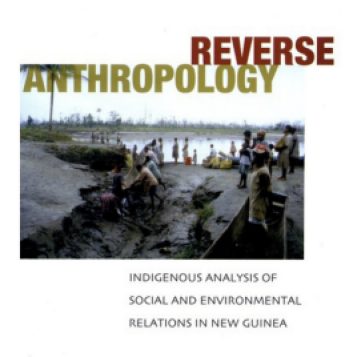Reverse Anthropology: Indigenous Analysis of Social and Environmental Relations in New Guinea
Stuart Kirsch
While ethnography ordinarily privileges anthropological interpretations, this book attempts the reciprocal process of describing indigenous modes of analysis. Drawing on long-term ethnographic research with the Yonggom people of New Guinea, the author examines how indigenous analysis organizes local knowledge and provides a framework for interpreting events, from first contact and colonial rule to contemporary interactions with a multinational mining company and the Indonesian state.This book highlights Yonggom participation in two political movements: an international campaign against the Ok Tedi mine, which is responsible for extensive deforestation and environmental problems, and the opposition to Indonesian control over West Papua, including Yonggom experiences as political refugees in Papua New Guinea. The author challenges a prevailing homogenization in current representations of indigenous peoples, showing how Yonggom modes of analysis specifically have shaped these political movements.
Publisher: Stanford University Press
Year of Publication: 2006
Location: Stanford


